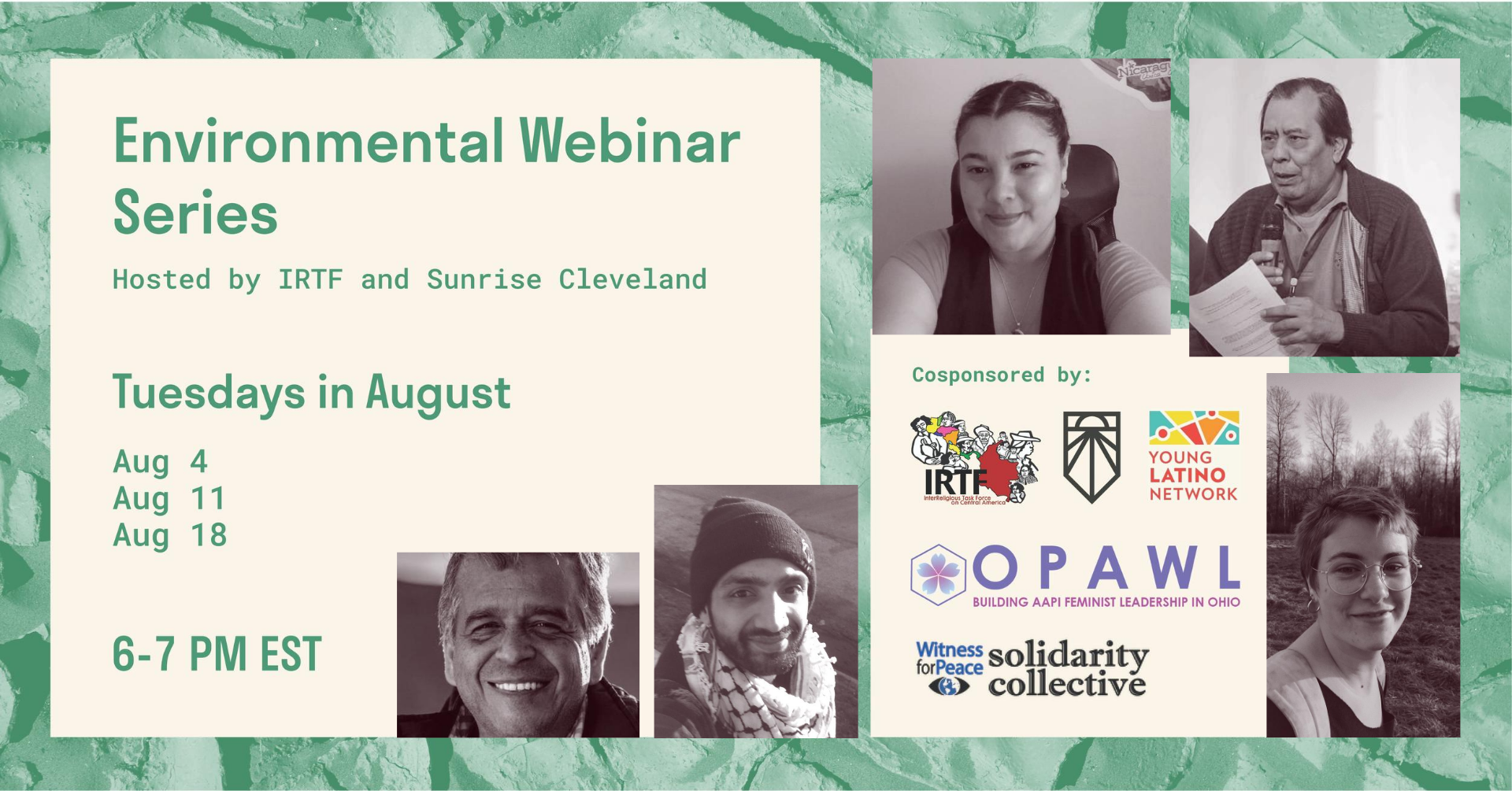“It is the taxpayers of the U.S. who finance the Honduran military and police. If the U.S. stops supporting this narco-state, it will stop violating our rights,” said OFRANEH’s Miranda Miranda, general coordinator of OFRANEH (Fraternal Organization of Black Hondurans). The US State Department describes Honduras as being plagued by “significant human rights issues,” including extrajudicial killings and torture, arbitrary detentions and “widespread government corruption.” And yet in April 2020, Trump decided to gift President Juan Orlando Hernández (who is facing criminal charges of drug trafficking and alleged to have used drug money to rig his election) an extra $60 million in military and security aid. Not only is the Hernández regime not “stopping drugs,” it’s also not curbing illegal immigration to the U.S. In fact, critics say Honduras’ neoliberal policies—policies that cater to transnational corporations at the expense of local residents like the Garifuna—also foster or enable factors like displacement, mass poverty, and the presence of organized crime, all of which actually drive the wave of Honduran migrants headed north toward the U.S.
- Home
- About Us
- Issues
- Countries
- Rapid Response Network
- Young Adults
- Get Involved
- Calendar
- Donate
- Blog


